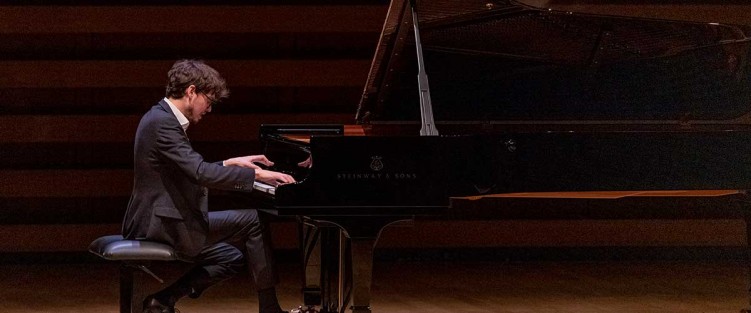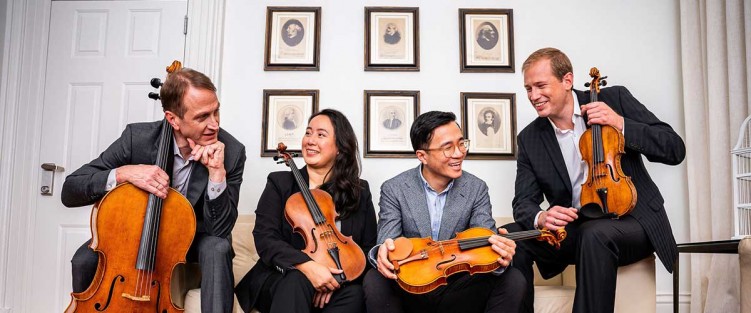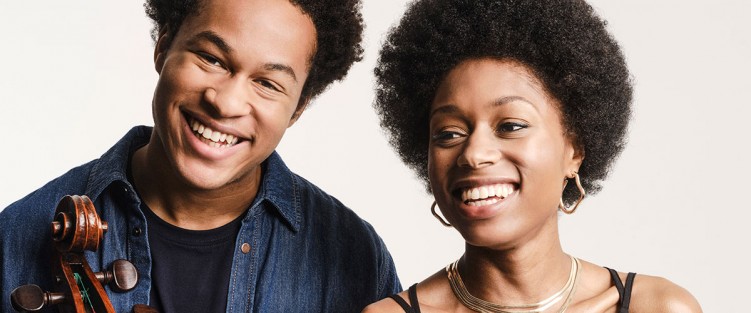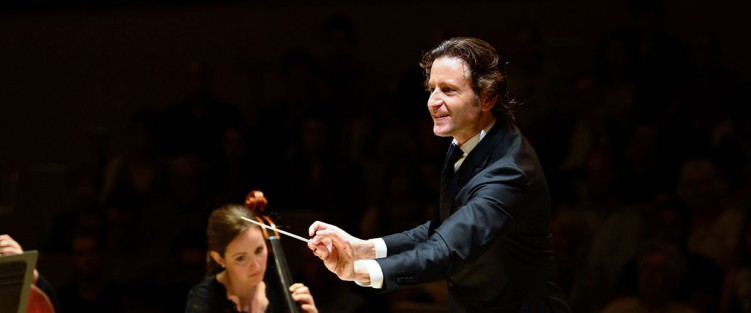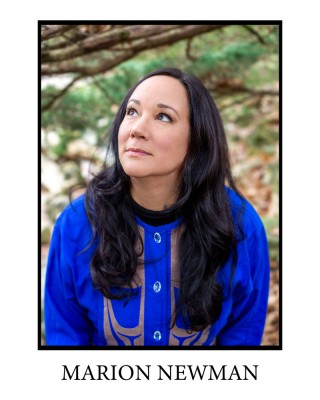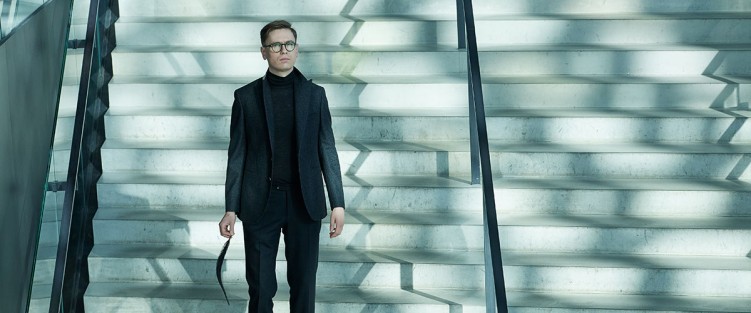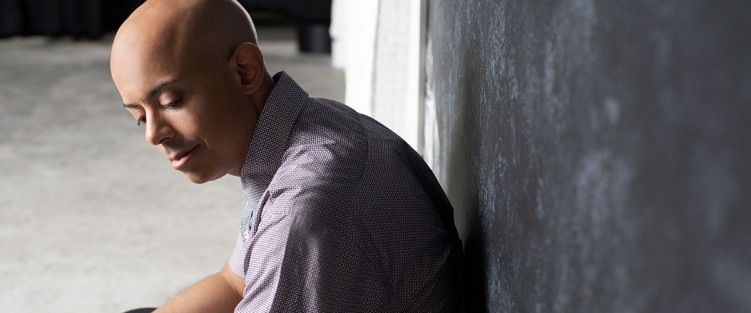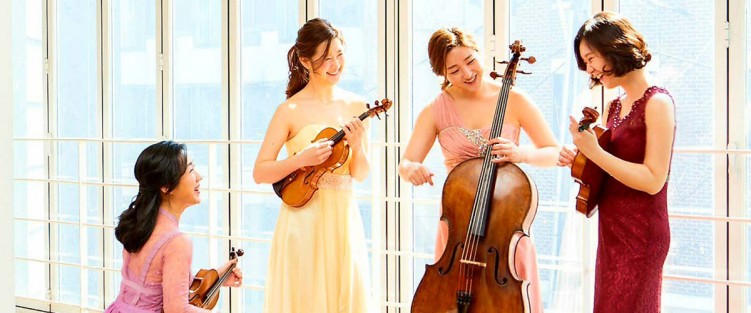“It’s just a flesh wound!” says the Black Knight, after King Arthur chops his arms off in Monty Python and the Holy Grail.
Just as it seemed live music was reasserting its presence in the GTA and beyond, the Omicron variant of COVID-19 forced the Ontario government to pivot to new lockdown guidelines that nipped reopenings in the bud, and effectively curtailed live music for most of January. The new guidelines however offer hope. If they stick, from January 31 to February 21, live music attendance can resume, albeit capped at “50 percent or 500 people, whichever is smaller” a measure impacting disproportionately severely on the smallest and the largest venues. After February 21, barring setbacks, progress accelerates: 50 percent capacity, no matter the venue size, until March 15; and then, barring a further re-assessment, permission for a return to live performance at full capacity.
TSO
Unlike the ill-fated fall reopening, when the TSO waited for the 50percent capacity cap before resuming, this time they are in, boots and all even at the 500-capacity cap. They have announced a full slate of diverse live programming over the next six weeks, with music director Gustavo Gimeno leading the orchestra, February 2, 3 and 5, in Schumann’s FIrst Symphony, “Spring,” composed in January and February of 1841 in anticipation of better weather ahead. Also on the program is Scylla, Jordan Pal’s concerto for trombone and orchestra written as a showcase for TSO principal trombone, Gordon Wolfe.
Even before the February feast begins, there will be an appetizer available: a performance of Gimeno conducting Beethoven’s jovial Symphony No.2 Op.36, to be streamed live on January 28 and available on demand until February 4. In that concert, Beethoven’s Second proves to be a fruitful muse for Odawa First Nation composer Barbara Assiginaak, whose Innenohr meditates on the German master’s storied love of nature. Missy Mazzoli’s evocative Dark with Excessive Bright also draws inspiration from the past, bringing Baroque-era techniques into the 21st century through the skillful bow of TSO principal double bass, Jeffrey Beecher.
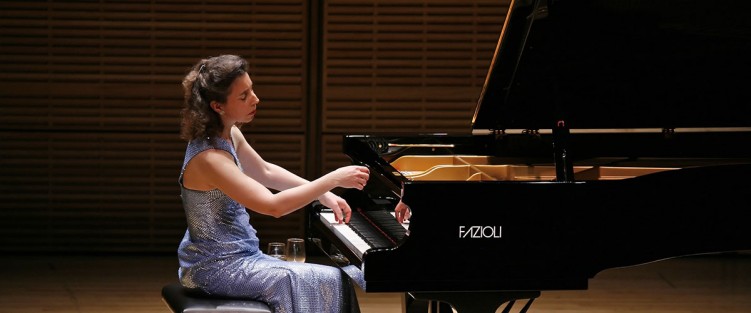 There’s something for everyone in the mix. On February 12, the TSO and conductor Lucas Waldin celebrate Valentine’s Day (well, close enough!) with a selection of romantic songs from musical theatre and the movies, including favourites from The Phantom of the Opera, West Side Story, La La Land and the iconic “Love Theme” from Tchaikovsky’s Romeo and Juliet.
There’s something for everyone in the mix. On February 12, the TSO and conductor Lucas Waldin celebrate Valentine’s Day (well, close enough!) with a selection of romantic songs from musical theatre and the movies, including favourites from The Phantom of the Opera, West Side Story, La La Land and the iconic “Love Theme” from Tchaikovsky’s Romeo and Juliet.
Then celebrated pianist Angela Hewitt takes charge on February 16, 17 and 19, leading a varied program from the keyboard. Two well-known concertos – Mozart’s No.12 K414 and Bach’s No.2 BWV1053 – anchor the concert. Two lesser-known works complete the program: Saint-Saëns’ charming Wedding Cake Op.76, a valse-caprice for piano and strings written as a nuptial tribute to pianist Caroline Montigny-Rémaury; and Finzi’s Eclogue for Piano and String Orchestra Op.10.
Chinese-born Xian Zhang leads the TSO on February 26 and 27 in Beethoven’s energetic Symphony No.4; principal flute Kelly Zimba is the soloist in Nielsen’s masterful Flute Concerto. Then, on March 9, 10, 12 and 13, 32-year-old American, Ryan Bancroft, the newly appointed chief conductor of the the Royal Stockholm Philharmonic Orchestra, leads the TSO in a concert featuring crowd-pleasing works that were shared digitally during the early days of the pandemic: Dvořák’s Slavonic Dance No.8; Beethoven’s Violin Romance No.2; Mozart’s Symphony No.29 K201; Vivian Fung’s Prayer; and Aaron Copland’s restorative Appalachian Spring.
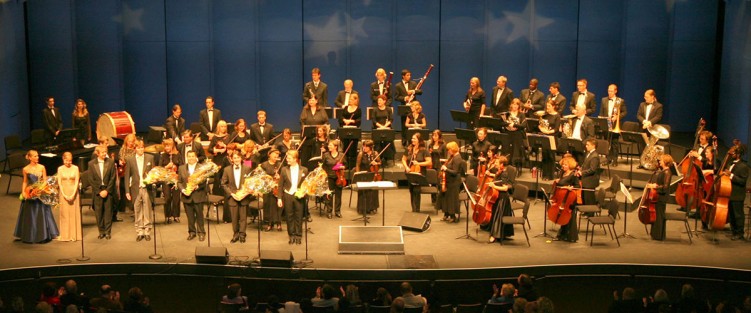 As the calendar crawls through November en route to the December holidays and the sun has not even begun its long trek back to seasonal dominance, it’s a ray of hope to peruse the listings and discover how, throughout the community, live music by large ensembles is reasserting its presence after being completely uprooted by the pandemic. Take, for example, the orchestral explosion on December 10, when seven orchestras brighten up the evening in concerts beginning between 7 and 8pm.
As the calendar crawls through November en route to the December holidays and the sun has not even begun its long trek back to seasonal dominance, it’s a ray of hope to peruse the listings and discover how, throughout the community, live music by large ensembles is reasserting its presence after being completely uprooted by the pandemic. Take, for example, the orchestral explosion on December 10, when seven orchestras brighten up the evening in concerts beginning between 7 and 8pm.

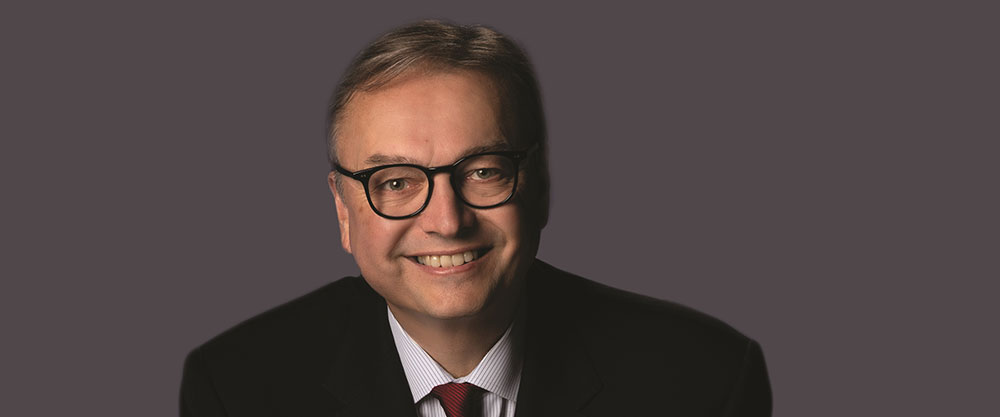 The new International Orchestra Series announced October 6 is an exciting addition to the Royal Conservatory’s dance card. The upcoming first visit to Toronto by the Chicago Symphony Orchestra (their first since 1914) is an intriguing prospect that prompts a few questions. Who better than Mervon Mehta, the Conservatory’s executive director of performing arts, to fill us in?
The new International Orchestra Series announced October 6 is an exciting addition to the Royal Conservatory’s dance card. The upcoming first visit to Toronto by the Chicago Symphony Orchestra (their first since 1914) is an intriguing prospect that prompts a few questions. Who better than Mervon Mehta, the Conservatory’s executive director of performing arts, to fill us in? 